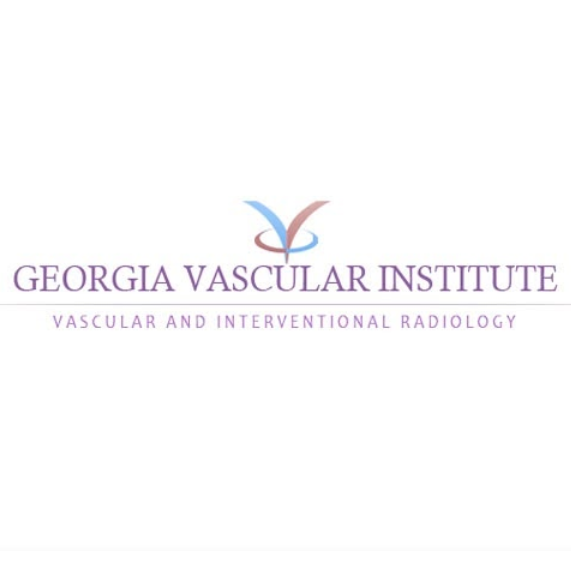The White Dress Project: We CAN Wear White
September 22 at 11:09 AM ·
These are REAL quotes from women with uterine fibroids.⠀
⠀
This is what women suffering from uterine fibroids have to go through EVERY. SINGLE. DAY.⠀
⠀
It is time to CHANGE these thoughts and the narrative about our health. We need to BREAK the walls of silence and positively advocate for our bodies and our health.⠀
⠀
Who relates to any of these? *
Photos reposted from @drbrookewinner
The cause of venous leg ulcers is poor vein function in the legs. Disease, blood clots (deep vein thrombosis), and even inactivity can contribute to venous insufficiency. Learn other risk factors for venous leg ulcers in our latest blog post: https://bit.ly/3iknug6
A venous ulcer is a chronic (non-healing) wound that forms on the leg, ankle or foot as a result of poor vein function. Venous ulcers, also known as stasis ulcers, account for 80% of lower extremity ulcerations. Learn more in our latest blog: https://bit.ly/3iknug6
Venous leg ulcers are chronic or non-healing wounds that need immediate treatment. Learn more about this condition and its treatments today:
https://bit.ly/3iknug6
THEGVI.COM
Venous Leg Ulcers: FAQs + Information
If you are experiencing symptoms of poor vascular health, you may need to talk to your doctor about your risk factors for developing PAD. Georgia Vascular Institute is a leading provider of diagnosis and treatment for vascular issues in northern Georgia. Contact our offices today to learn more about our services or to schedule your appointment! https://bit.ly/2Ex8lZW
The skin requires a constant supply of oxygenated blood to remain healthy. When the arteries in the legs and feet don’t receive adequate blood supply, the skin in these areas can become inflamed, dehydrated and brittle. Learn more about vascular health: https://bit.ly/2Ex8lZW
Uterine fibroids are an extremely common condition. However, they often go undiagnosed.
Here are the most important questions to ask about uterine fibroids.
https://bit.ly/3lrcte3
THEGVI.COM
5 Questions Women Should Ask About Uterine Fibroids
It’s important to visit a healthcare professional immediately if you suspect you have a venous leg ulcer, as infection may be setting up in the wound. A trusted, reliable vein care partner is an essential part of healthy vein function. Contact GVI today: https://bit.ly/3iknug6
An ultrasound is generally the first diagnostic tool used to check for uterine fibroids. Once they have been located, an MRI will give your doctor a better look at the size and positioning of your fibroids. Learn more: https://bit.ly/3lrcte3
Uterine fibroids are common non-cancerous tumours that can grow in various parts of the uterus.
Here are the most important questions to ask your doctor if you think you may be suffering from uterine fibroids. Learn more: https://bit.ly/3lrcte3
Learn how is pelvic congestion syndrome is treated in our latest blog: https://bit.ly/31ROj5c
Many women suffer from chronic pelvic pain for years with no relief and little insight into what is causing their discomfort. Fortunately, research in interventional radiology has provided new insight into a common cause of chronic pelvic pain, learn more:
https://bit.ly/31ROj5c
Here's what every woman should know about chronic pelvic pain caused by pelvic congestion syndrome:
https://bit.ly/31ROj5c
THEGVI.COM
What Should Every Woman Know About Pelvic Congestion Syndrome?
The risk for developing fibroids increases with age, but many fibroids begin to shrink after menopause. If you have any additional questions about uterine fibroids, call 770-506-4007 today. https://bit.ly/3lrcte3
Poor circulation is linked to an increased risk of leg ulcers. Learn more about the connection today:
https://bit.ly/3oAcFsQ
THEGVI.COM
The Connection Between Poor Circulation and Leg Ulcers
Georgia Vascular Institute is proud to offer effective treatment options for migraine headaches. Learn more about our services or schedule an appointment today: https://bit.ly/2IXLNEo
Preventative medications can help reduce migraine occurrence in many patients. They can also reduce how severe migraine symptoms are and how long they last. Learn more about migraine treatment in our latest blog: https://bit.ly/2IXLNEo
Migraine headaches can be challenging to diagnose and treat. Learn the five different kinds of migraines in our latest blog: https://bit.ly/2IXLNEo
Migraines can be painful and debilitating. Learn more about the types of migraine, their causes and their treatment options today.
https://bit.ly/2IXLNEo
THEGVI.COM
Migraines: Common Questions + Concerns
May the coming year bring only the best memories! https://bit.ly/36K7Qq4

